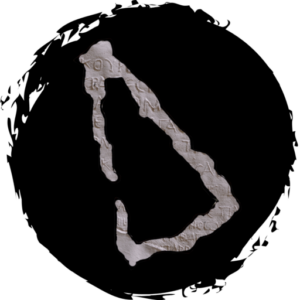 Classics was a pioneer in the Humanities to adopt and adapt IT developments and entered the digital era sooner than other Humanities disciplines. Epigraphy in particular, which studies inscriptions (texts inscribed on hard surfaces such as stone, clay, metal, bone), focuses on these primary sources, unique for their a dual nature: they are both archaeological objects on which a text is engraved, and also texts, literary or otherwise. Therefore, their documentation and preservation for future research is absolutely imperative.
Classics was a pioneer in the Humanities to adopt and adapt IT developments and entered the digital era sooner than other Humanities disciplines. Epigraphy in particular, which studies inscriptions (texts inscribed on hard surfaces such as stone, clay, metal, bone), focuses on these primary sources, unique for their a dual nature: they are both archaeological objects on which a text is engraved, and also texts, literary or otherwise. Therefore, their documentation and preservation for future research is absolutely imperative.
Digitizing Greek Inscriptions and Alphabets (DIGIA), by exploring new digital methodologies, proposes the following:
A) To digitize the entire collection of squeezes (filter paper 0.60 x 0.70 impressions of inscriptions which provide a precise copy of the original inscribed surface), housed in the Epigraphy and Papyrology Lab (EREP) at the Department of Philology of Aristotle University in Thessaloniki, for better preservation and easier access. And also, to attempt for the first time to digitize a select number of inscribed objects in the Archaeological Depot at Makrygialos and inscribed stones in the countryside of the Samonion promontory in East Crete, in order to present the results of the digitization-process online, and those inscriptions that have been published in an open-access database.
B) To record, document, and digitize the alphabets of Archaic and Classical Crete from inscriptions of the 8th until the 4th centuries BCE, which will result in digital fonts and will be a pilot case for the alphabets in other parts of the Hellenic World.
C) To create educational activities and material using augmented reality platforms (Epigraphy for all) with the ultimate goal of getting to know the science of epigraphy, ancient inscriptions as well as the ancient Greek language and culture aimed at various educational levels (primary, secondary, higher), to philologists, archaeologists but also to the general public. In addition, in the context of the study of the ancient Greek alphabets and the creation of the alphabetic writing in the Greek area (AlphabetEdu), educational activities will be created in collaboration with the Archaeological Depot at Makrygialos and other educational institutions.
